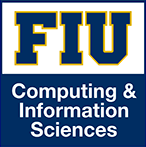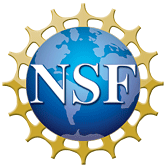Description
Annotation is a key pursuit in computational linguistics, and yet annotation projects currently operate with severely balkanized tooling support. There are at least one different hundred annotation tools available, probably more, each in different states of repair, documentation, support, and compatibility with current platforms and annotation standards. These tools support all different sorts of project workflows, annotation standards, artifact modalities, and visualization capabilities. For a researcher starting annotation project, this variety is bewildering and counterproductive. Even an experienced researcher will struggle to know what tool is best for the job, and to integrate the right tool into the project design. The purpose of the UAT workshop is to discuss the possibility of unifying or standardizing, to a greater or lesser degree, the tools available to do annotation. The goal of the workshop will be to chart the way forward from the current disorganized state of annotation tooling, by discussing key feature sets, workflow types, classes of annotation projects, extant software platforms, as well as community needs and desiderata. The proximate goal of the workshop will be to produce a set of guidelines and recommendations for what annotation tooling should look like, ideally, in the next 5-7 years. The ultimate goal of the workshop will be to set the stage for the NSF to devote a tranche of funding to this area in the near future, to catalyze a revolution in the capabilities, ease-of-use, and inter-operability of annotation tooling.
Organizer:
Mark A. Finlayson (markaf@fiu.edu)
School of Computing and Information Sciences
Florida International University

